Disclosure: This post may contain affiliate links. I earn from qualifying purchases. This comes at no extra cost to you and I only recommend products that I believe will be valuable to my audience.
Mindfulness Meditation proves to be an effective means to increase awareness. Today, I am covering how it can help with decreasing anxiety, depression, stress, pain, and memory loss.
Calming My Stressful Mind
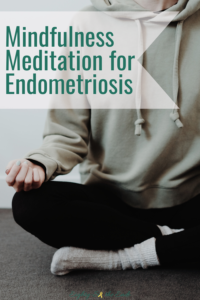 It is no secret that dealing with chronic illness is stressful. Depending on your ability to deal with stress, life itself can be stressful. Now add all the symptoms that come with any chronic illness and you’ve got an emotional disaster waiting to happen.
It is no secret that dealing with chronic illness is stressful. Depending on your ability to deal with stress, life itself can be stressful. Now add all the symptoms that come with any chronic illness and you’ve got an emotional disaster waiting to happen.
Although, life CAN be stressful, but it can also be absolutely beautiful and wonderful! It all comes down to perspective.
My husband is always reminding me about how my perspective can change everything and he advised me to try meditation as a stress reliever. Up until recently, my go-to stress reliever was an intense workout session. However, my fatigue and chronic pain have effected my ability to workout like I used to.
Stress
Overall, my stress is high. My husband can see it and my doctor’s can see it. In my case, the symptoms associated with my endometriosis cause me a great deal of stress.
On top of that, I can definitely admit that I am a worry wart and tend to stress about things that have yet to occur, and possibly never will. Lately, in addition to my endometriosis symptoms, I have been struggling with a foot pain that doctors believe is related to undiagnosed Ehlers-Danlos Syndrome. My foot pain is affecting my ability to work. Now add this to my struggle with infertility and . . . my shoulder’s are literally tightening up as I type this.
My Experience with Mindfulness Meditation
Now, if you practice meditation already, then you might not find all of this information useful, as I am admittedly a newbie. But that does not discount the benefits I have felt from my practice and my ability to share my experience.
Through daily meditation, I can honestly say that my stress level has significantly decreased. Likewise, I feel like I am sleeping better and my mood has stabilized; for a while there, I was constantly in a depressed and angry mood. I feel happier and less worried about the things that I cannot change. And I have a newfound energy to work on the things that I can change.
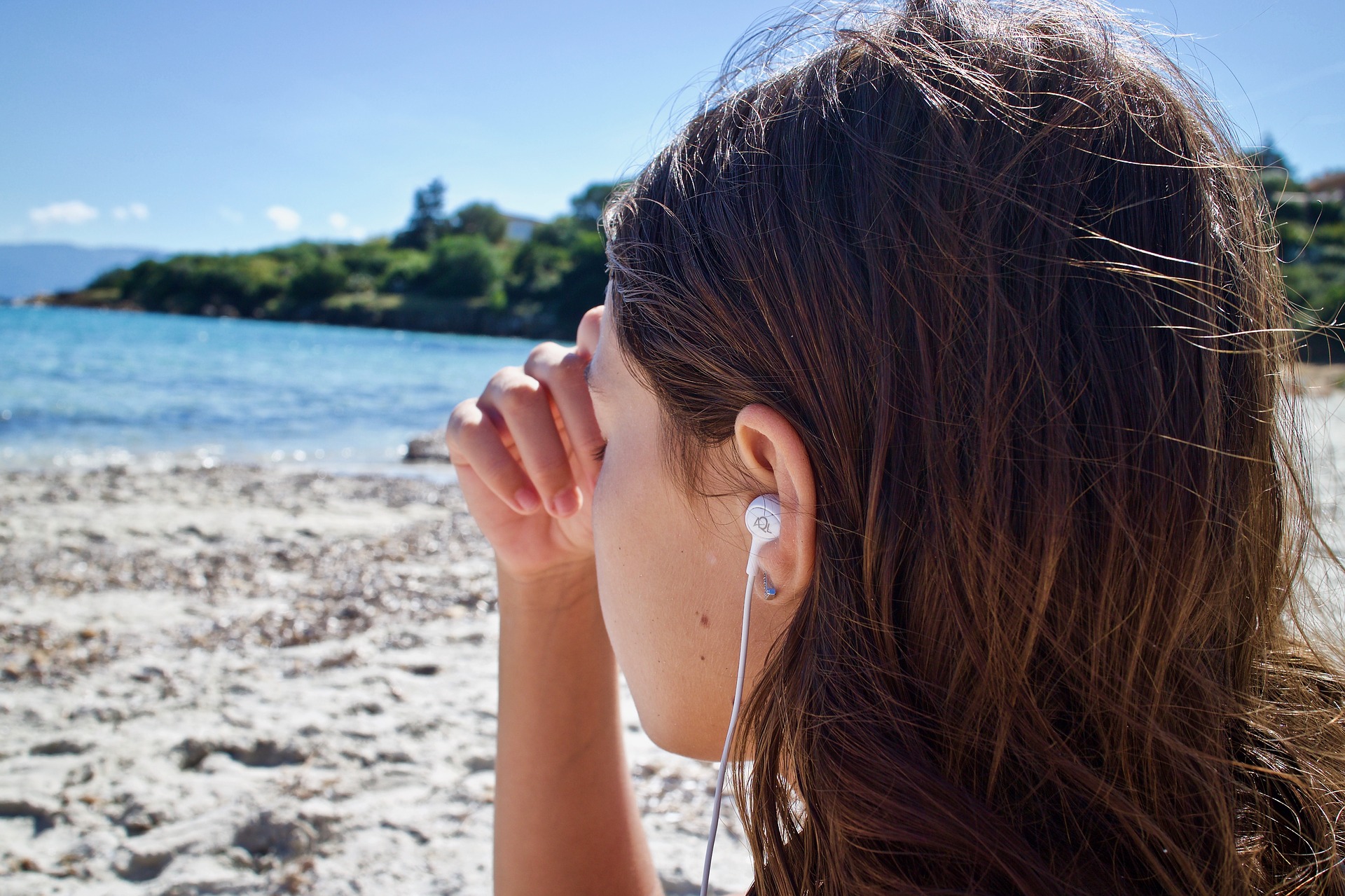
The Science Behind Mindfulness Meditation
If you suffer from anxiety, depression, stress, pain, or memory loss, than meditation can help you!
Studies show that the brain actually goes through physical changes when mindfulness becomes apart of your everyday life. Although more research is needed, some research showed that as people became advanced practitioner’s in mindful meditation, they had visible increases in their brain’s white matter. To refresh, the white matter in the brain is filled with the nerve fibers that transmit signals through the brain.
These regions that showed increases in white matter impact attention control, body awareness, and regulations of self and emotions. Memory is also increased because of the signals communicating between both sides of the brain.
Ultimately, the studies noted decreases in anxiety, depression, stress, pain, and memory loss. So really, anyone can benefit from meditation.

 What You Need To Know About Mindfulness Meditation
What You Need To Know About Mindfulness Meditation
Well first, there is not one way to meditate. Meditation can be done using multiple avenues; i.e. mindfulness meditation, transcendental meditation, yoga, mantra, tai chi and chi gong. However, they all focus on the same principle that mental training can be used to improve a person’s mind, body, and soul.
Guided vs. Unguided
- Meditation can be guided. Guided meditation means utilization of a person who helps you focus your thoughts. This can be done through in-person instruction or by listening to voice-overs on a video/app. I personally love the Headspace app (I am not paid to say this, I really do love Headspace and just want to share with you this resource that I believe in).
- Meditation can be unguided; basically meaning you are on your own. This is usually for advance practitioners of meditation as it takes much more discipline.
What You Will Need
- A quiet space. Look for a space where you can step away and be free from distraction. This might be your bedroom, your backyard, or even your bathroom. It doesn’t really matter where it is. What matters is that you have the ability to close the door and free yourself from the people or pets around you.
- A pillow. This can be used to help you get into a comfortable position. If you are comfortable in cross-legged position, use the pillow underneath you buttocks. If sitting in a chair is more comfortable for you, use the pillow to support your lower back. And if you prefer to lie down, then use it to support your head.
- Headphones/Earbuds. If using guided meditation (which I highly encourage if you are a beginner), then headphones are a great aid in blocking out any sounds that can make you lose focus. However, this may not be necessary if you are utilizing an in-person guide/instructor.
Practice Makes Perfect
If I am making this meditation thing sound easy, then I am very very very sorry. Meditation is definitely not an easy practice to be picked up on the fly. I mean, I consider myself a very fast learner, yet I am still having difficulty.
Meditation, no matter what avenue taken, takes A LOT of practice. Whether you utilize mindfulness, yoga, tai chi, or whatever . . . you will find yourself saying (or thinking), “This is actually hard.” But don’t give up! Because soon you will realize that it’s actually working!
And if by some off chance it doesn’t help you, then at least you can say that you tried, right? NO! Keep doing it. DON’T GIVE UP!
One final note . . .
Mindfulness Meditation Can Help Your Wallet $
As I’ve mentioned, stress can bring many problems that result in an increase in chronic symptoms. I know (believe me, I know) that it’s easier said than done, but we all should take this information seriously and find practices that will decrease stress. Practices like mindful meditation (*nudge nudge* Have I convinced you to try it yet?!).
Research studies show that mindfulness plays a huge role in decreasing workplace burnout, exhaustion, and overall psychological distress. Because of this, the simple (or not so simple) act of being mindful can decrease a person’s need to utilize healthcare.
It really makes sense ya’ll! If we live a life that is so focused on the chaotic feelings we have, we can spiral ourselves into a trap where healthcare is needed. But if we choose to recognize our feelings as a reaction that we can control, then a whole new world can open up (Who just sang A Whole New World from Aladdin? I know I did!).

Additionally, decreases in healthcare utilization can mean more money in your pocket! It means less copays, prescription expenses, therapy expenses, etc. Major companies are noticing the benefits as well! Some companies are offering wellness programs to their employees and finding room to decrease medical premiums because of such programs.
What does this mean? Again, more money in your pocket. Decreases in medical premiums means less money taken out of your paycheck. It’s a cycle ya’ll; one that you can help control!
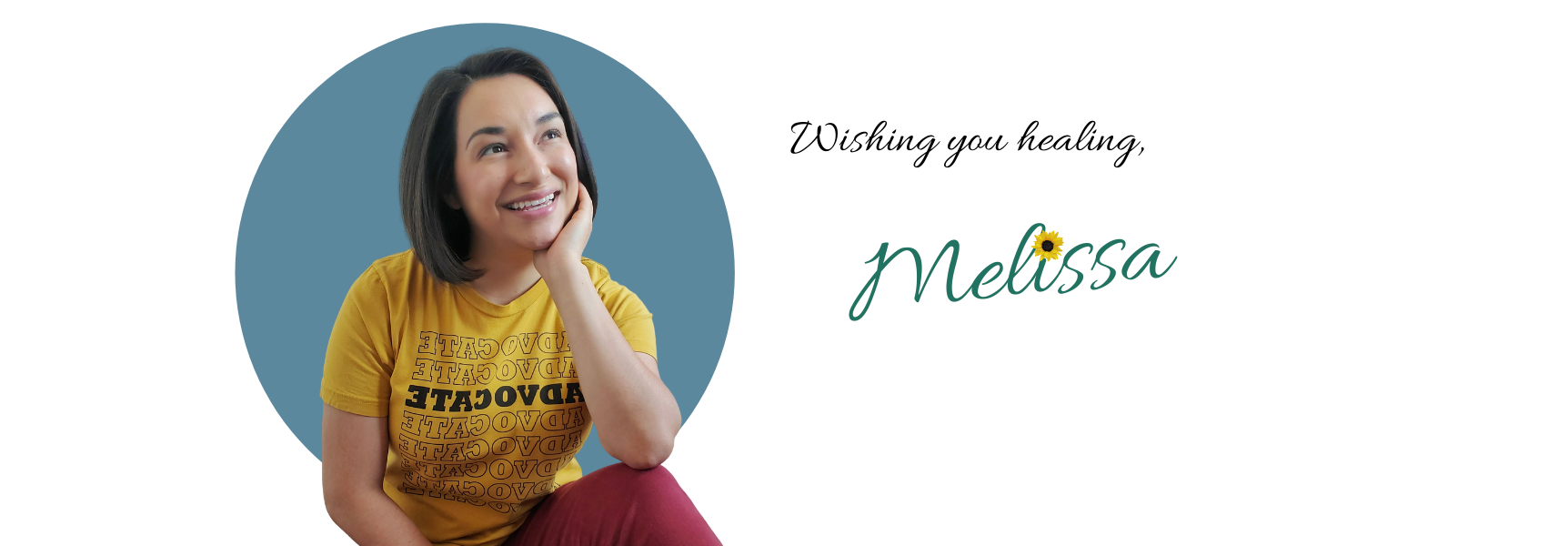

- Bass, E. B., Berger, Z., Gould, N. F., Goyal, M., Haythornthwaite, J. A., Linn, S., . . . Sleicher, D. (2014). Meditation programs for psychological stress and well-being: a systematic review and meta-analysis. JAMA Internal Medicine, 174(3), 357-68. https://www.ncbi.nlm.nih.gov/pmc/articles/PMC4142584/
- Elder, C., Moriarty, F., Nidich, R., & Nidich, S. (2014). Effect of transcendental meditation on employee stress, depression, and burnout: a randomized controlled study. The Permanente Journal, 18(1), 19-23. https://www.ncbi.nlm.nih.gov/pmc/articles/PMC3951026/
- Holzel, B. K., Posner, M.I., Tang, Y. (2015). The neuroscience of mindfulness meditation. Nature Reviews Neuroscience, 16, 213–225. https://www.nature.com/articles/nrn3916



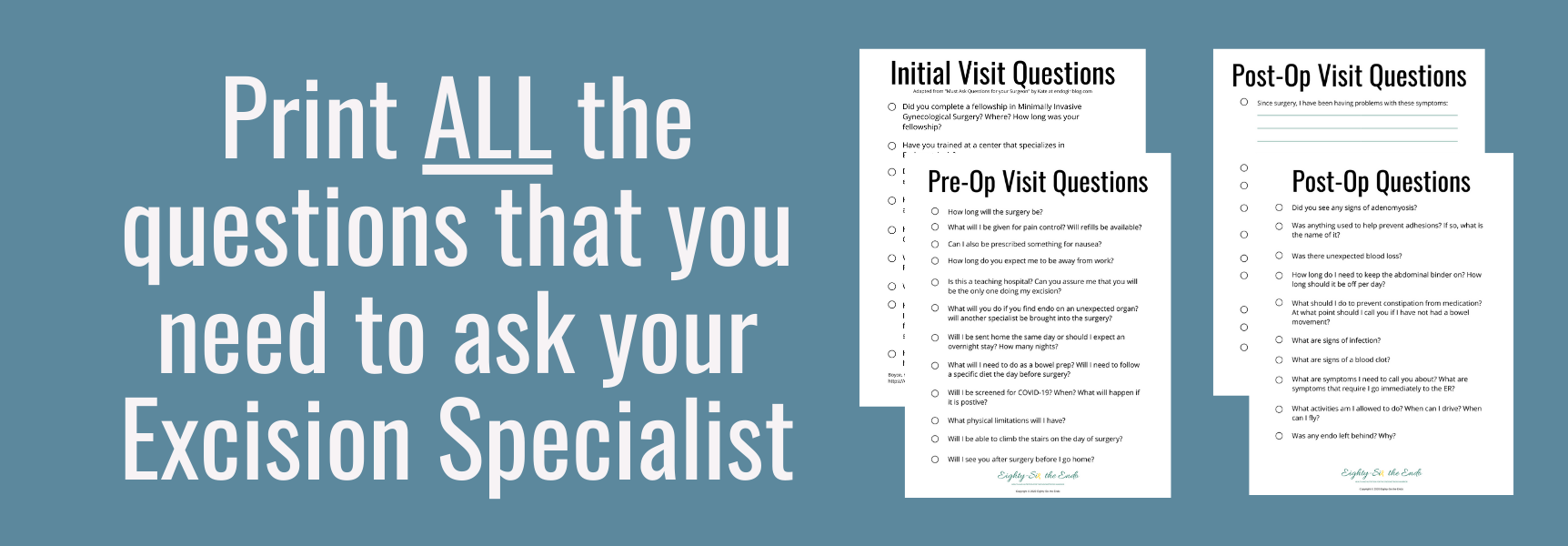
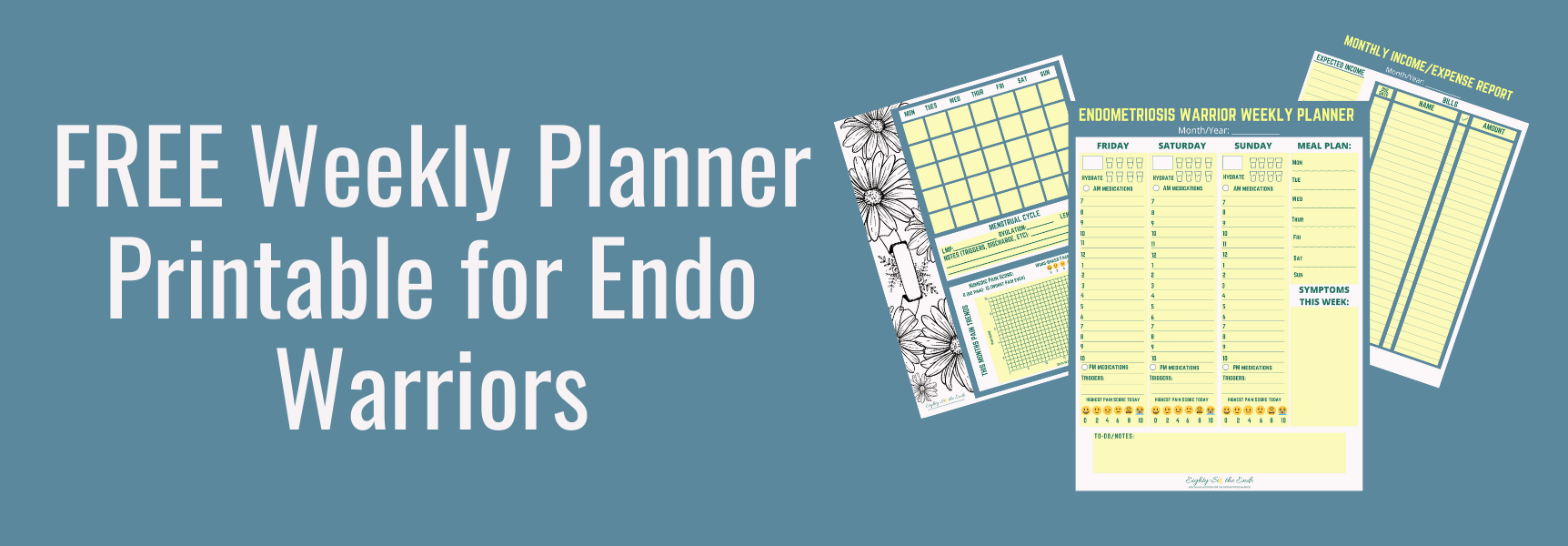
Meditation reminds me of going fishing. A quiet place free from the hustle and bustle of traffic and city noise. Only water, birds, and wind sounds accompanied by a beautiful sunrise and scenery. However, it’s not realistic to be there daily so I’ll definitely try meditation when stressed during the work week. Love that employers are now seeing the need for meditation, my hubby is fortunate to have the guided meditation available for him and others.
As I reflect in my younger years, I had so much stress being that I was a single mom and not having a profession. Struggles were daily, (How am I going to afford gas to go to school, how am I going to get money for food this last week of the month, my daughter’s shoes are out growing, Christmas is coming and no money for gifts. etc…) Yet my nature was for the most part optimistic. I just believed that I will not always be in that “hole.” Yes, I did cry at times. Though, my outlook on life was always that the good Lord will not allow me to stay in that rut forever. So I would do the POLLYANNA. The glad game. Where you look for the good in every situation. Not dwelling on the bad and realizing that there must be a motive or end to that situation. So while meditating or after meditating focus on the good positive thoughts. Experience from your mom, love you Melissa!